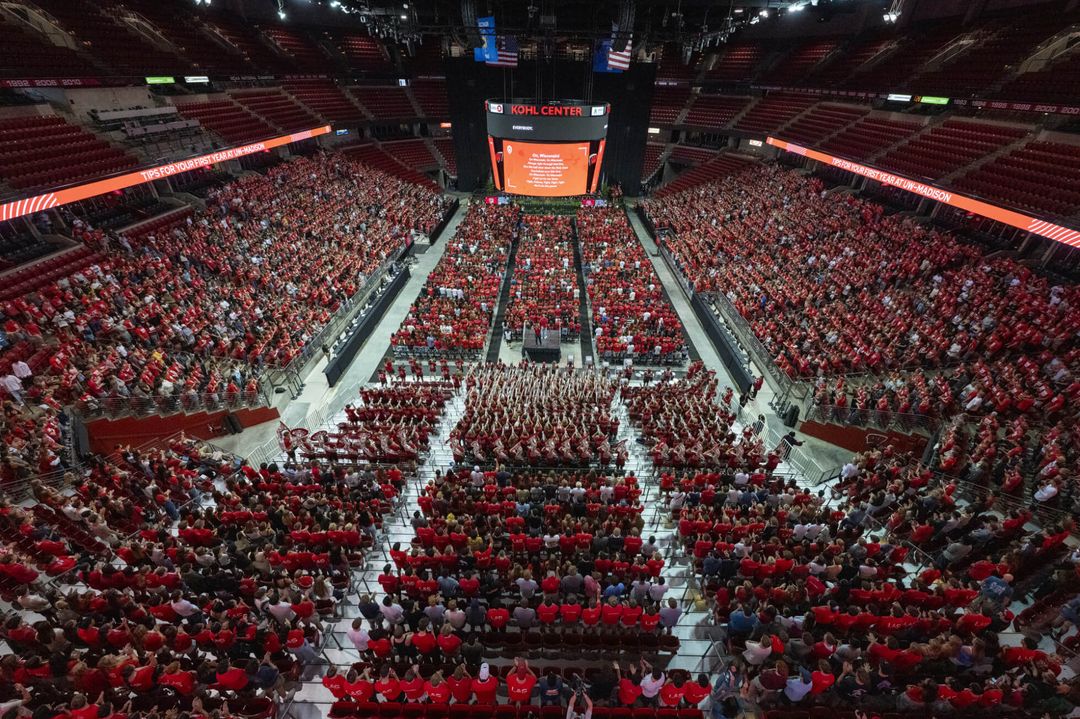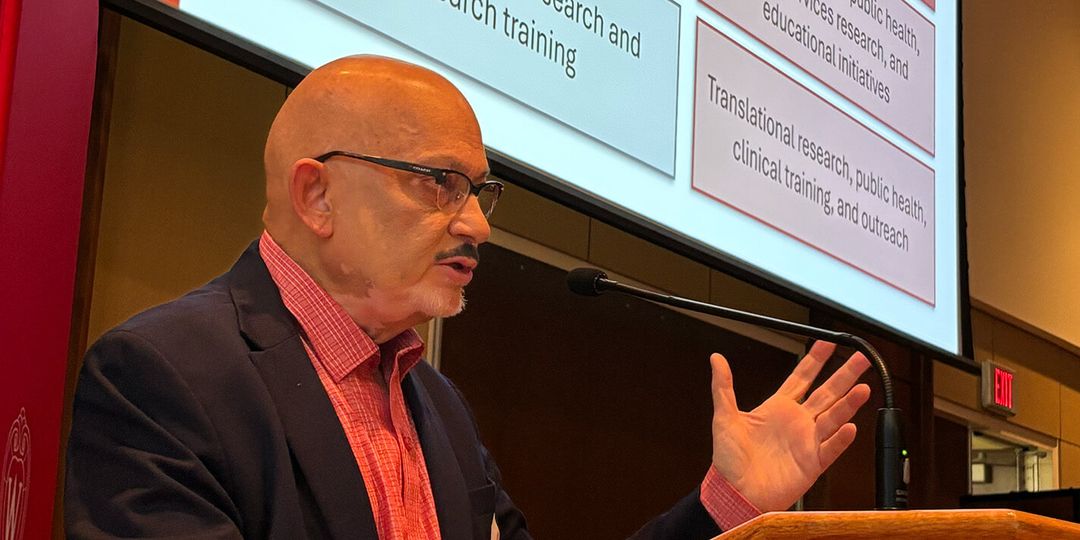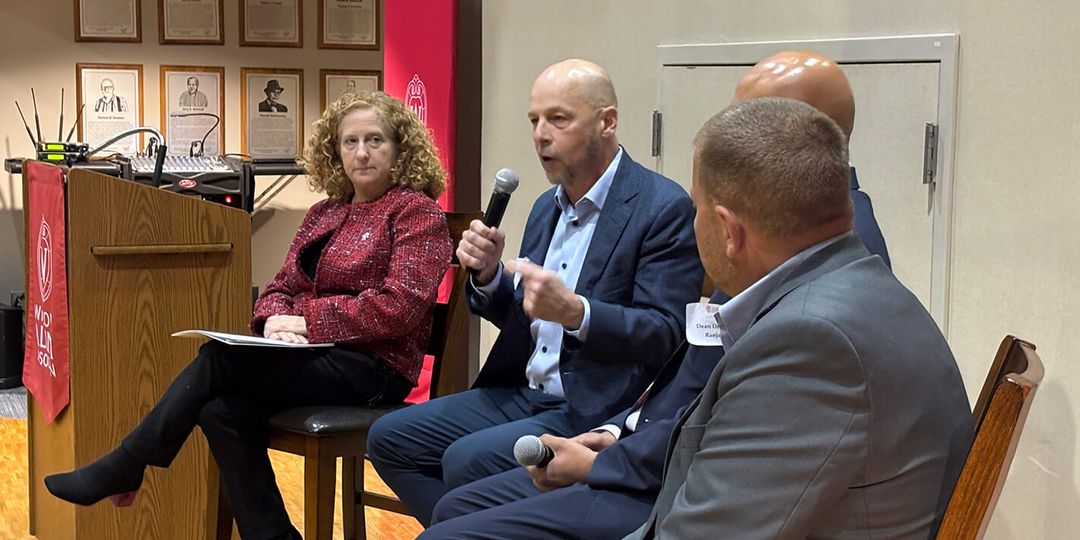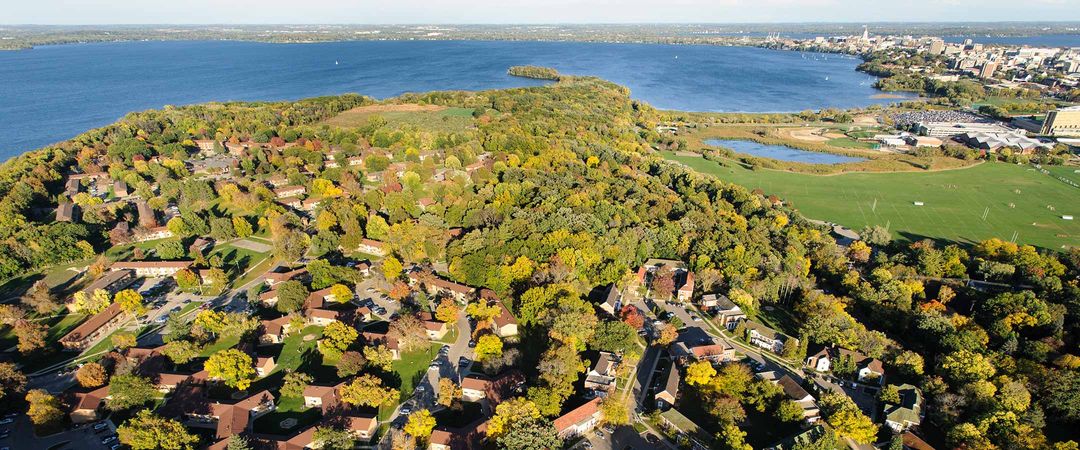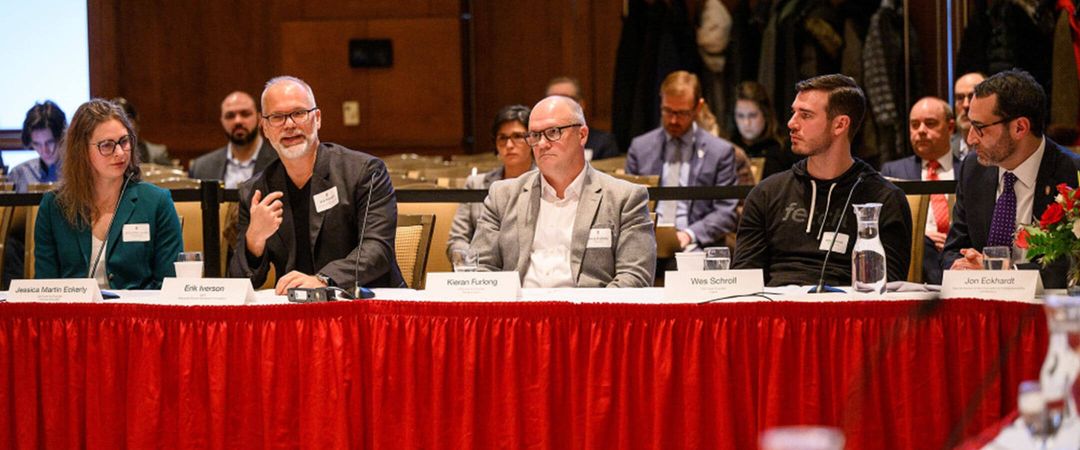Although the Wisconsin State Legislature hasn’t been in session for most of 2024, legislative study committees have been doing deep-dive work on various topics. One committee is focused on the future of the Universities of Wisconsin (previously known as the UW System). The group, appointed by legislative leaders, has been meeting over the past few months to address some of the challenges facing Wisconsin’s public higher education system. Members of the study committee are discussing and evaluating proposals to improve the efficiency and efficacy of higher education in the state.
The major proposals that have been presented to the study committee follow three main themes: (1) separate UW–Madison from the Universities of Wisconsin, (2) provide the Universities of Wisconsin or only UW–Madison with limited bonding authority, and (3) modify the current distribution of general purpose revenue (GPR) funding to Universities of Wisconsin campuses.
The first proposal could result in a new and separate board of regents to oversee UW–Madison, the creation of a new state appropriation to provide GPR funding specific to UW–Madison, a maintenance or increase of the current GPR appropriation for the other universities in the Universities of Wisconsin, and relocation of Universities of Wisconsin headquarters outside of Madison. UW–Madison has expressed opposition to this proposal, saying that while “it is true that UW–Madison has different opportunities and challenges than Wisconsin’s comprehensive universities, … we believe it is not only possible but preferable to address these issues and these differences within our existing governance structures.”
The second proposal would allow UW–Madison or the Universities of Wisconsin to issue debt and manage its own construction projects, rather than use the Wisconsin Building Commission/Department of Administration project management process that currently applies to the Universities of Wisconsin and other state agencies. This type of bonding authority has been a high priority of UW–Madison in recent years—but has not previously been approved.
The third proposal would require the UW System Board of Regents to publish the formula or methodology it uses to allocate state GPR to each of the Universities of Wisconsin schools and review this formula or methodology on a regular basis. It would also amend the current law to require the Universities of Wisconsin to distribute its main GPR appropriation equally to each campus on a per-capita or per-FTE basis. UW–Madison has expressed opposition to this proposal as well, stating:
UW–Madison is home of the Division of Extension, which provides services and resources in all of Wisconsin’s 72 counties. Through the College of Agricultural and Life Sciences, UW–Madison operates 12 agricultural research stations in communities around the state. Overhauling the GPR allocation formula on a per-pupil basis would not accurately reflect the significant range of activities of our flagship, land-grant mission, along with the breadth of professional programming on our campus. With the Universities of Wisconsin ranking 43rd out of 50 states nationally for public university funding, an effort to reshuffle existing allocations to Wisconsin universities would miss the big picture and key issue: overall funding to our universities significantly lags the investments made elsewhere.
UW–Madison has unique needs and opportunities, which is the rationale for some of these reforms. Members of the committee have suggested that the Universities of Wisconsin would benefit greatly from these proposals and UW–Madison would be better equipped to continue providing the level of education, research, and employment opportunities it has offered since its inception.
It is important to note that these ideas are only recommendations being debated and considered by the committee. Traditionally, Legislative Council Study Committee recommendations form the basis for bills in the state legislature, but those recommendations are not guaranteed to be considered or passed into law.
Join the UW Advocacy Coalition to stay informed on these discussions and learn how to advocate for UW–Madison.
